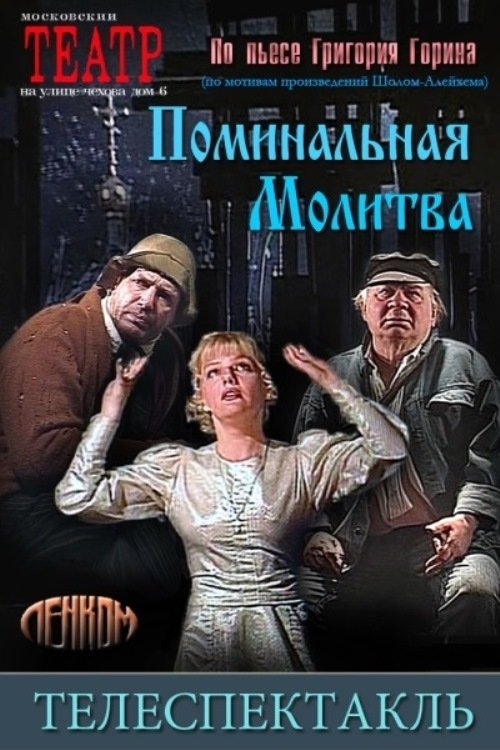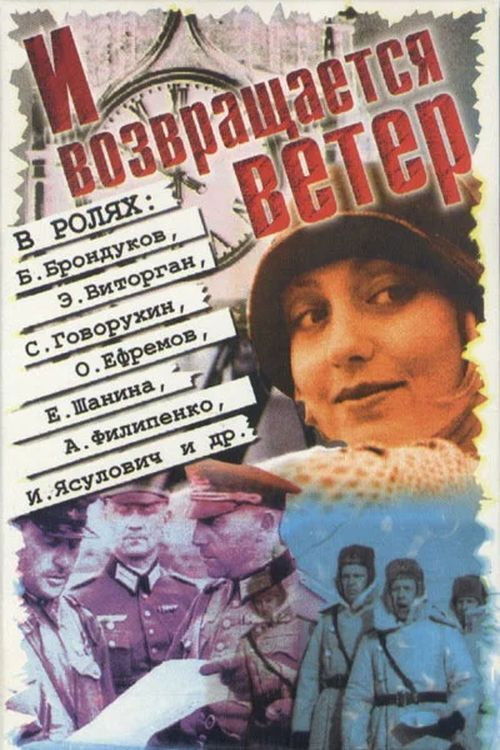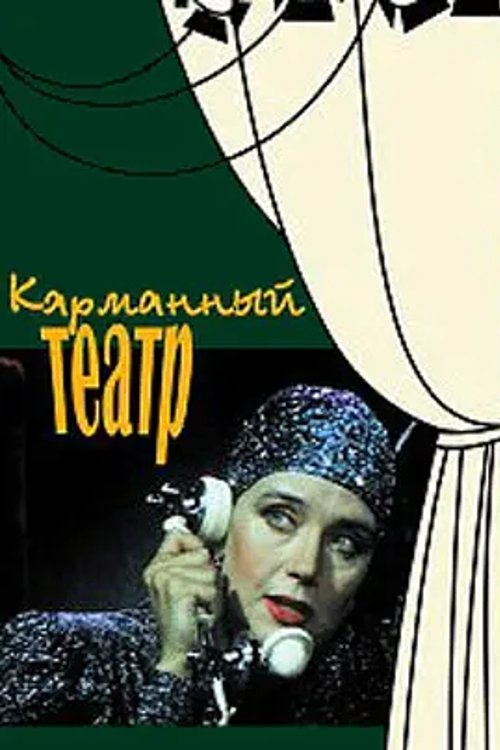
The peculiarity of the performance "Two Women" by Vladimir Mirzoev on the Lenkom stage is in the specially developed plasticity of the characters. They seem to be in a somnambulistic state, either awake, asleep, existing, or not. In parallel with Turgenev's text, on counterpoint, the director unfolds his visual range, which enters into an obvious contradictory relationship with the words of the classic. The interaction of the characters on stage is absolutely independent of the author's remarks. Thus, Mirzoev visibly shades the intimate, to some extent Freudian motifs he saw in the play. However, Turgenev's text and Mirzoev's plastic searches turn "Two Women" into a curious stage experiment, rather unexpected for the aesthetics of Lenkom.


The director's story about his life in the Soviet Union before his departure to Israel in 1971. The movie interweaves chronicle-documentary footage and fragments of Mikhail Kalik's films.

This film is of interest primarily because it contains within it the entire surviving footage of an unfinished 1974 film by the same director, Slave of Love, which was successfully remade shortly thereafter by another director, Nikita Mikhalkov.The "cover" story is about a woman (Jeanne Moreau) newly released from prison camps in the 1940s back into Russian society, who finds that there is no place for her in the world she has come back to. However, this painterly film is so filled with striking and surreal imagery that it would be misleading to say that the story is of any great importance in relation to that.

By browsing this website, you accept our cookies policy.